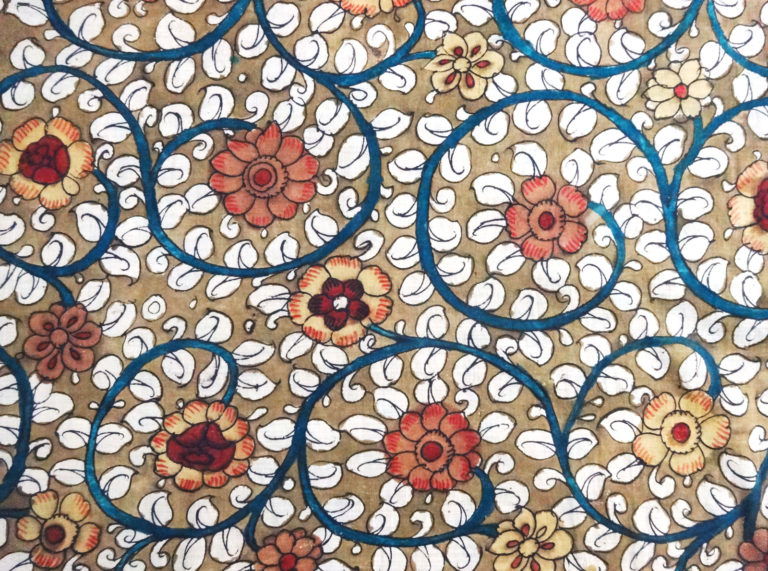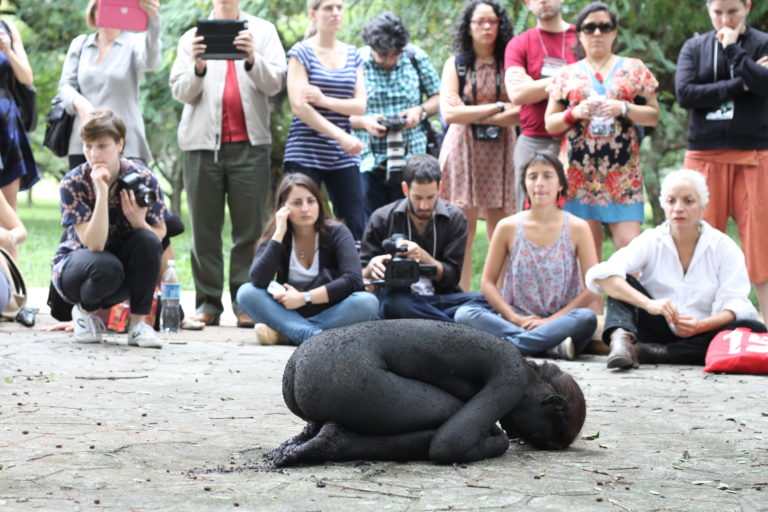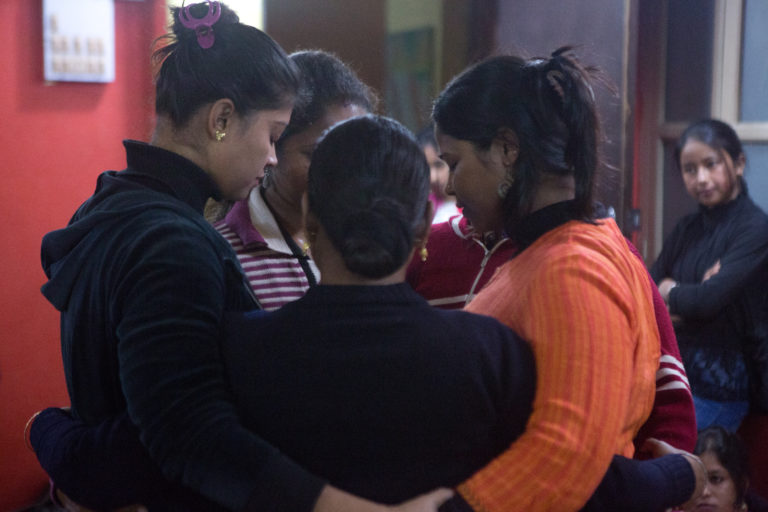This special issue explores how best to use performance to leverage justice for victims of trafficking, child soldiers, illegal immigrants, the poor, and others who lack recognition and protection within the legal and social apparati of national governments and some non-governmental organizations (NGOs). This focus has emerged from a two-year research project on “Gendered Citizenship: Manifestations and Performance” between scholars in theatre and performance in collaboration with politics colleagues at University of Warwick, UK and Jawaharlal Nehru University, Delhi.
Keyword: trafficking
Circuits of Invisibility: Performance, Violence, and Sexuality
The body is a repository of metaphors and within its function of global exchange, its limits of fragility and destruction, the body serves as a way of dramatizing the social text. Olivier Mongin, in his important study on film and modernity, has said that there is currently an “economía de las imágenes de violencia… [en…
Coerced Performances? Trafficking, Sex Work, and Consent
Since the millennium, there has been a growing global awareness about the business of human trafficking as it has exponentially expanded in relation to the neoliberal economic climate, the vast displacement of people through wars and conflict, and the growth of tourism and e-commerce. Because theatre and performance studies work through an epistemology of embodied…
Mediations around an Alternative Concept of “Work”: Re-imagining the Bodies of Survivors of Trafficking
When I was rescued by the police and put in a shelter home, I felt angry. I did not know any other work. Before, I just had to lend my body and the work got done. I got paid, without having done anything (Poolish jokhon amake uddhar kore Shelter home e dilo, khoob raag hoechhilo.…



